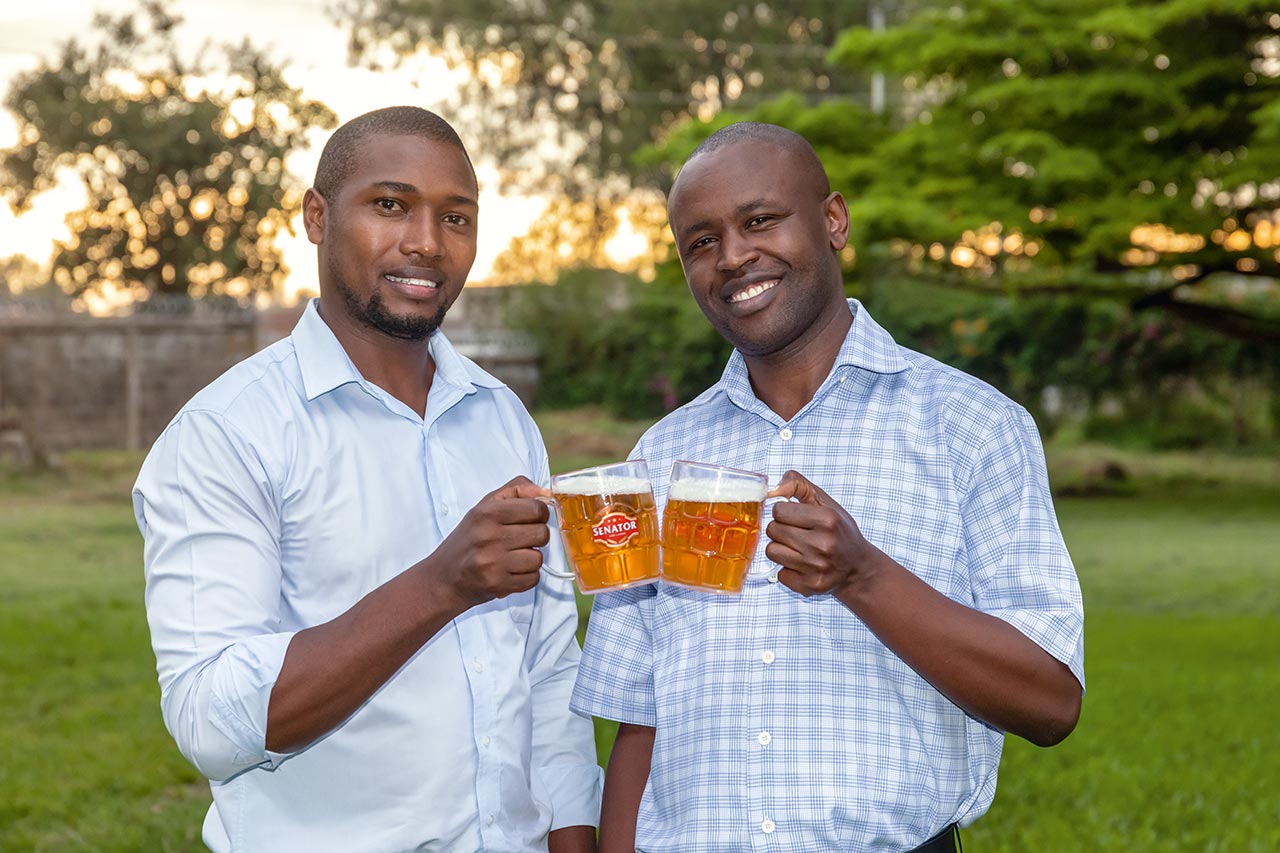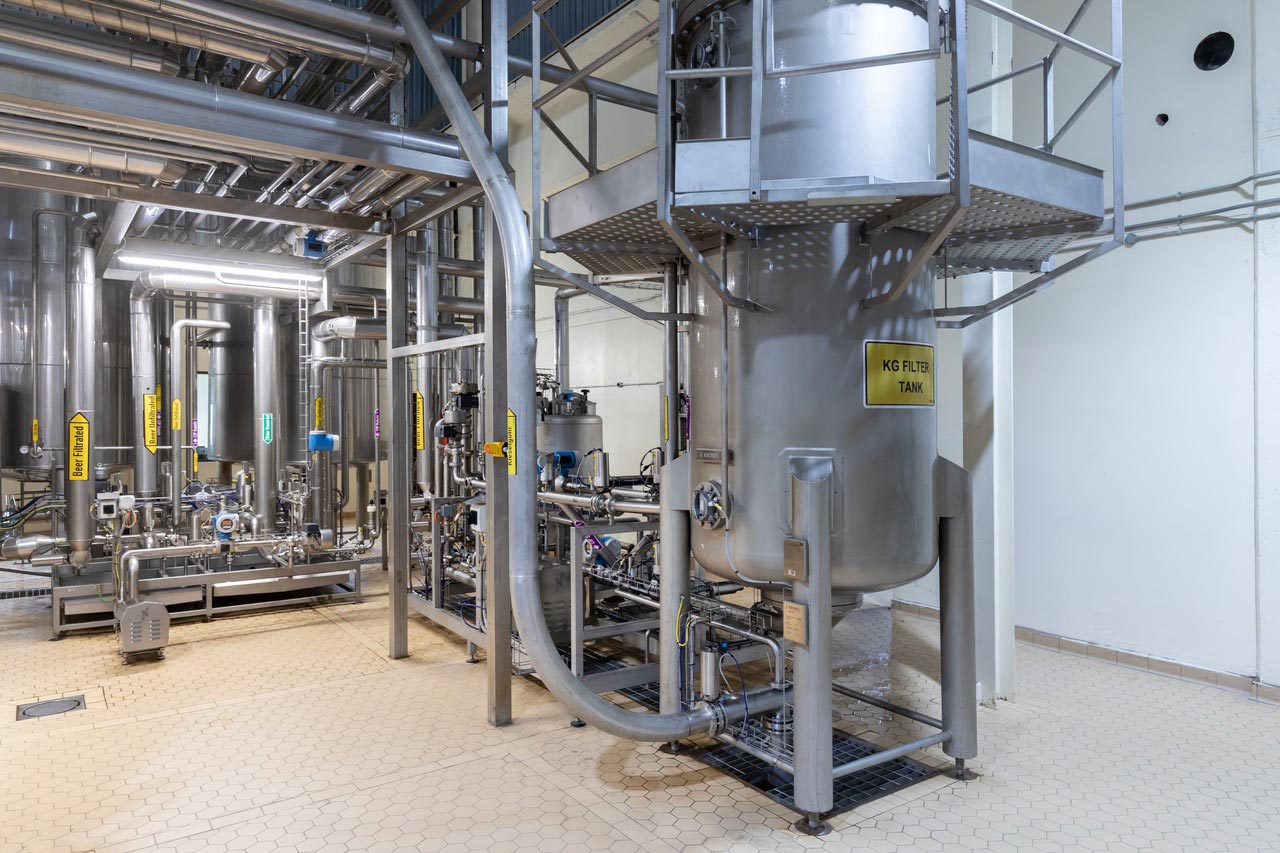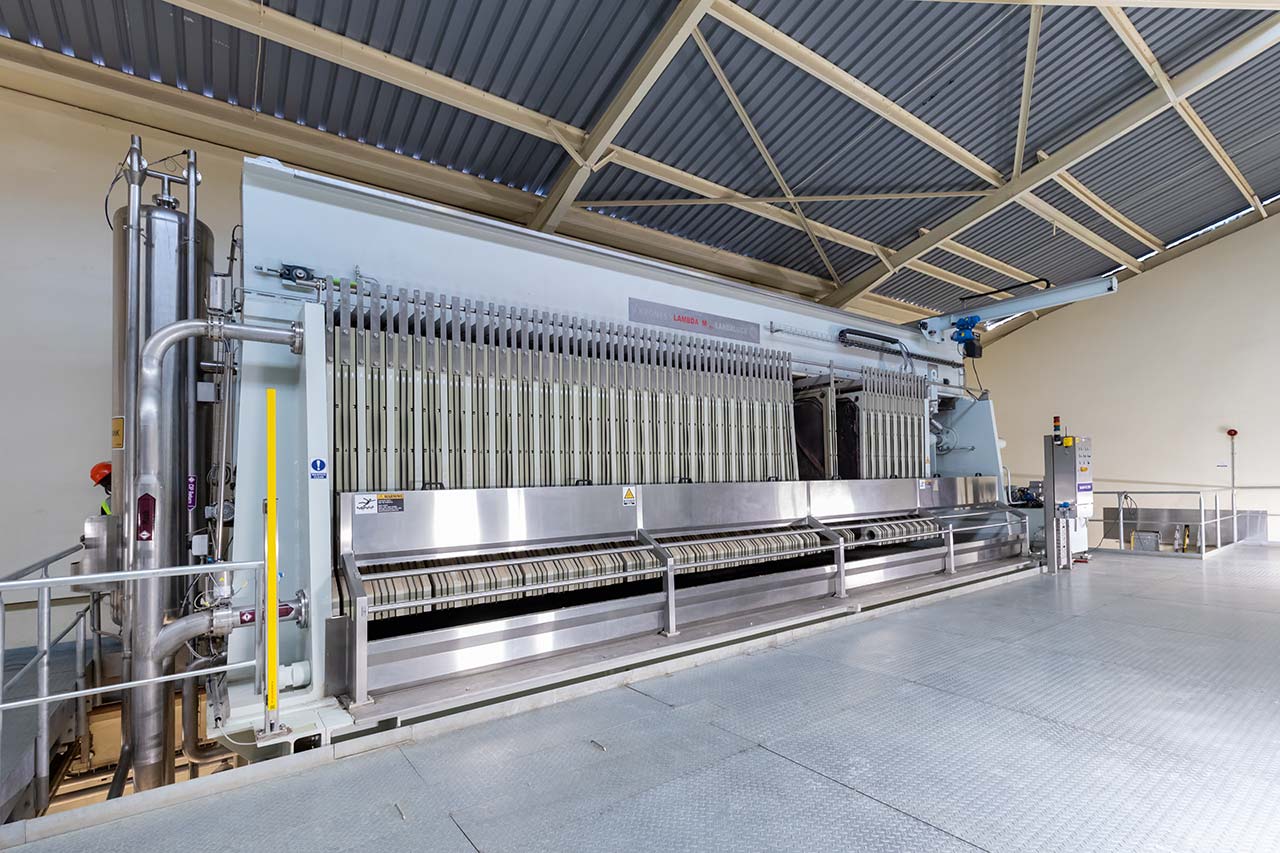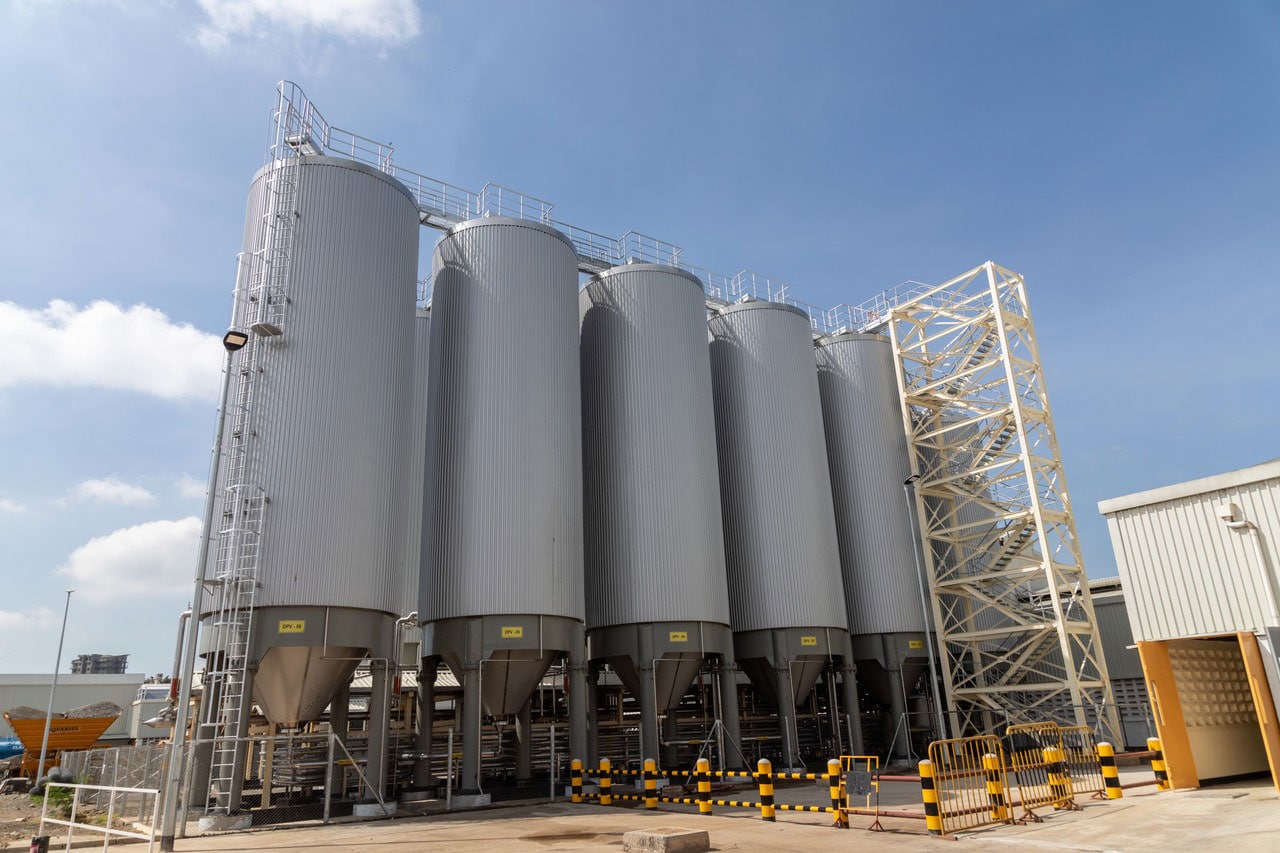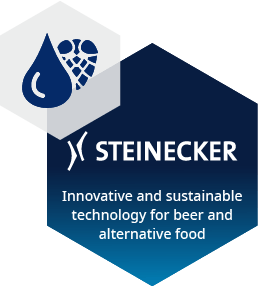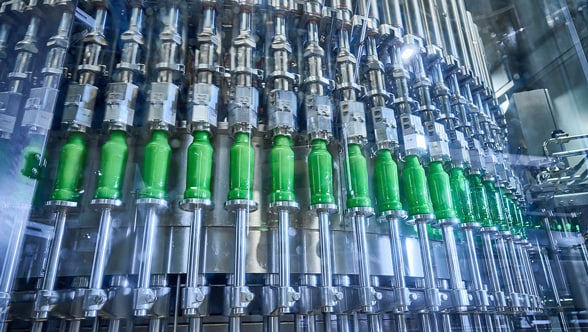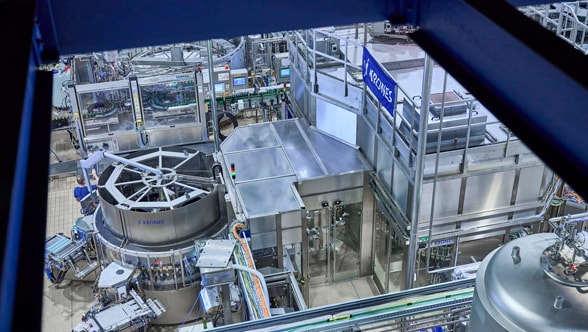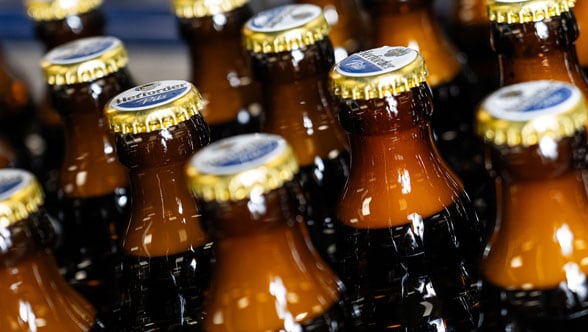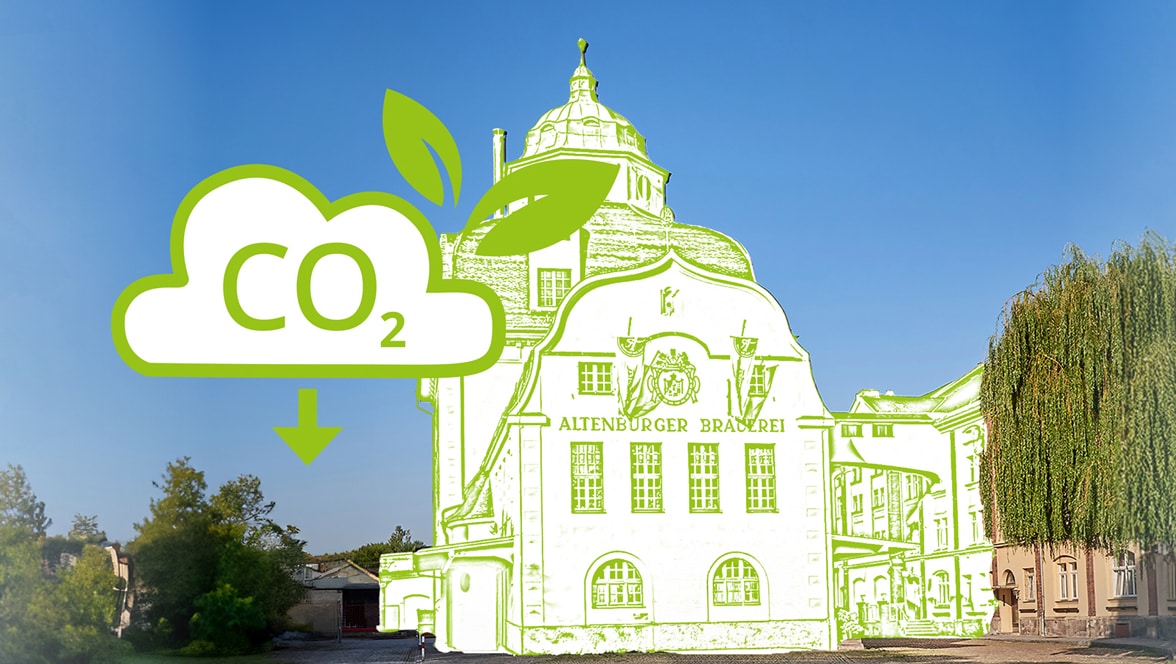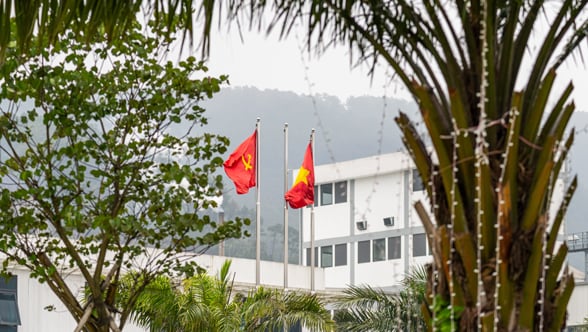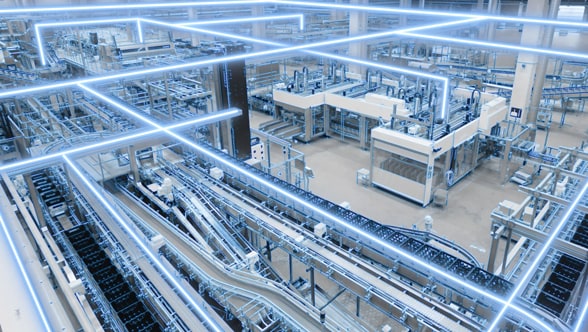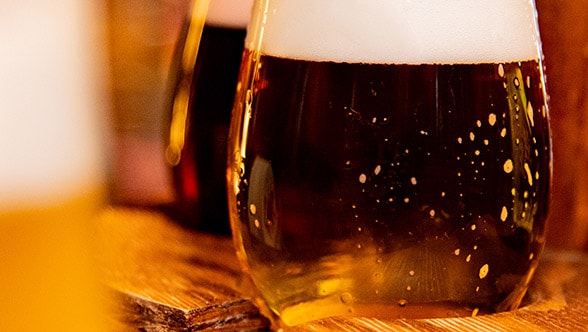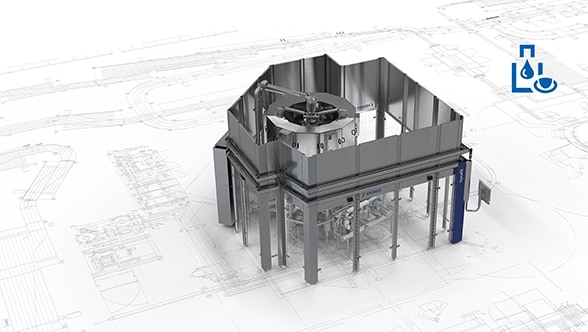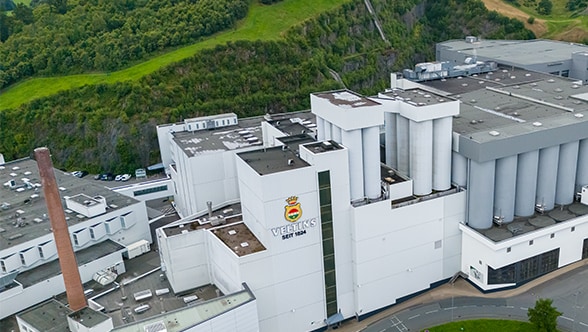The original brewery had been decommissioned for years. The new process technology, from raw materials intake to the flash pasteuriser, had to be integrated into the existing building with some areas modified and rebuilt. “It was an exemplary collaborative effort from Diageo Engineering Excellence who led the project, Diageo Operational Excellence and Kenya Breweries Ltd., the component vendors and the local companies,” says an enthusiastic Jacob Bett, responsible for engineering and filling operations at KBL-foo. “This was the only way for us to halve the usual construction time of around two years and to complete the brewery in record time.” KBL had placed the order with Krones in August 2017, and the first brew was run in mid-July 2018. The restored brewery in Kisumu is now producing solely sorghum beer and filling it only in kegs.

